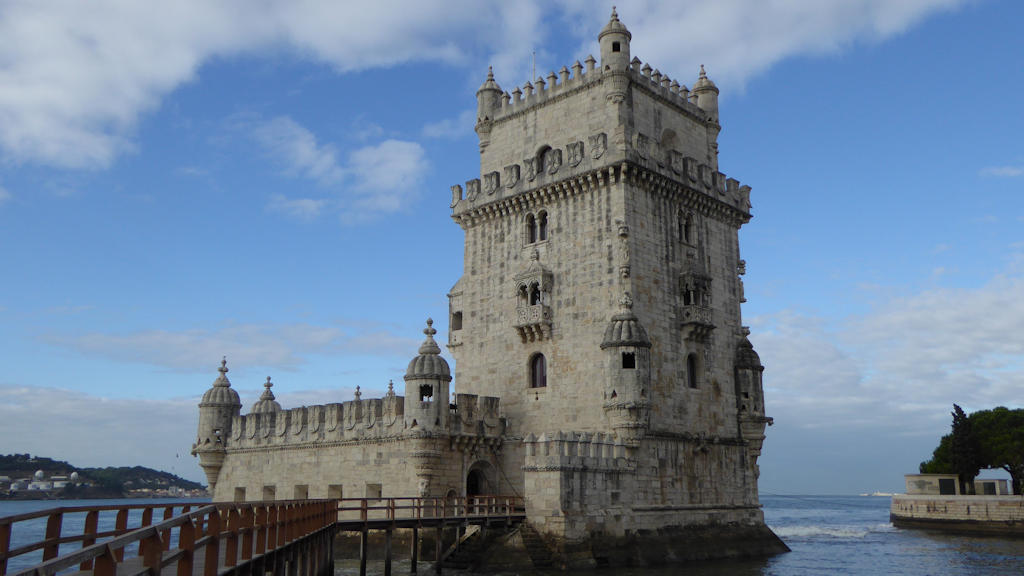One of the most iconic landmarks in Lisbon is the Jerónimos Monastery in Belém. This magnificent Manueline-style monastery, with its intricate details and ornate facade, is a prime example of the city's architectural grandeur. Its inclusion as a UNESCO World Heritage site underscores its cultural and historical significance, as it stands as a symbol of Portugal's Age of Discoveries and maritime achievements.
Another noteworthy site within Lisbon's UNESCO designation is the Tower of Belém, an emblematic fortress that once guarded the entrance to the city's harbor. Its strategic location and distinctive Manueline architecture make it a captivating sight, encapsulating the spirit of exploration and maritime power that defined Portugal's golden age.
Lisbon's historic center, known as the Baixa Pombalina, is another key component of its UNESCO recognition. This carefully planned district, rebuilt after the devastating earthquake of 1755, showcases an innovative urban layout and neoclassical architecture. Its elegant squares, wide boulevards, and charming buildings reflect the vision of the Marquis of Pombal, who spearheaded the city's reconstruction.
Lisbon.vip Recommends
Lisbon's designation as a UNESCO World Heritage site not only recognizes its architectural and cultural heritage but also emphasizes its role as a living city that continues to evolve and adapt while preserving its identity. The city's vibrant cultural scene, with its museums, art galleries, music venues, and festivals, adds an extra layer of richness to its UNESCO status.
Moreover, Lisbon's UNESCO recognition serves as a catalyst for heritage preservation and sustainable development. It encourages the city to strike a balance between preserving its historical legacy and embracing modern advancements. This approach ensures that future generations can continue to experience and appreciate Lisbon's unique cultural heritage.
As visitors explore Lisbon's UNESCO World Heritage sites, they become immersed in a captivating journey through time, discovering the stories and legacies that have shaped the city. From the grandeur of its architectural masterpieces to the charm of its neighborhoods and the warmth of its people, Lisbon offers a remarkable experience that showcases the best of Portugal's past and present.
In conclusion, Lisbon's designation as a UNESCO World Heritage site is a testament to its exceptional cultural and historical value. The city's architectural ensemble, vibrant neighborhoods, and dynamic cultural scene create a captivating tapestry that reflects its diverse heritage. Exploring Lisbon's UNESCO sites is an opportunity to delve into the city's past, appreciate its present, and be inspired by its enduring spirit.



